The Ultimate Liver Health Formula
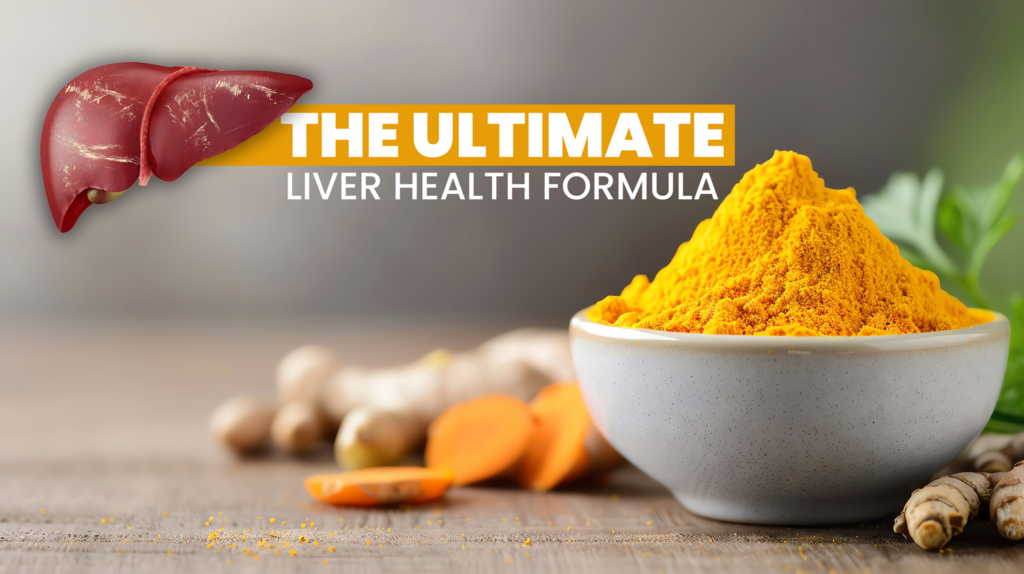
The liver is one of the vital organs in the body. It is responsible for the storage of the nutrients and formation of bile apart from detoxifying blood. The function of the liver is essential for the healthy condition of the body. Unfortunately, poor nutrition, lifestyle, and alcohol affect liver health and cause health complications. […]
7-Day Meal Plan For Fatty Liver

7-Day Meal Plan For Fatty Liver The liver cleanses the blood. It converts harmful chemicals, like alcohol and drugs, into smaller, manageable molecules. The body can then eliminate these faster via waste. It also produces bile. Bile helps digest fats and does other things. It aids in protein synthesis, blood sugar control, and storing vitamins […]
Does Fatty Liver Cause Infertility In Females?

Does Fatty Liver Cause Infertility In Females? Fatty liver disease’s possible effects on several human health features have been the subject of extensive recent discussion in the medical profession. Does Fatty Liver Cause Infertility In Females? is one question that comes up frequently. Read this blog post carefully if you want to start a family […]
21-Day Fatty Liver Diet Plan

An accumulation of extra fat in the liver is the typical cause of fatty liver disease. Alcoholic fatty liver (AFLD), which is caused by heavy alcohol use. Non-alcoholic fatty liver (NAFLD) is caused by bad eating habits and heredity. The good news is that it is manageable with a strict 21-day fatty liver diet plan […]
Does Ozempic Lower Your Immune System?
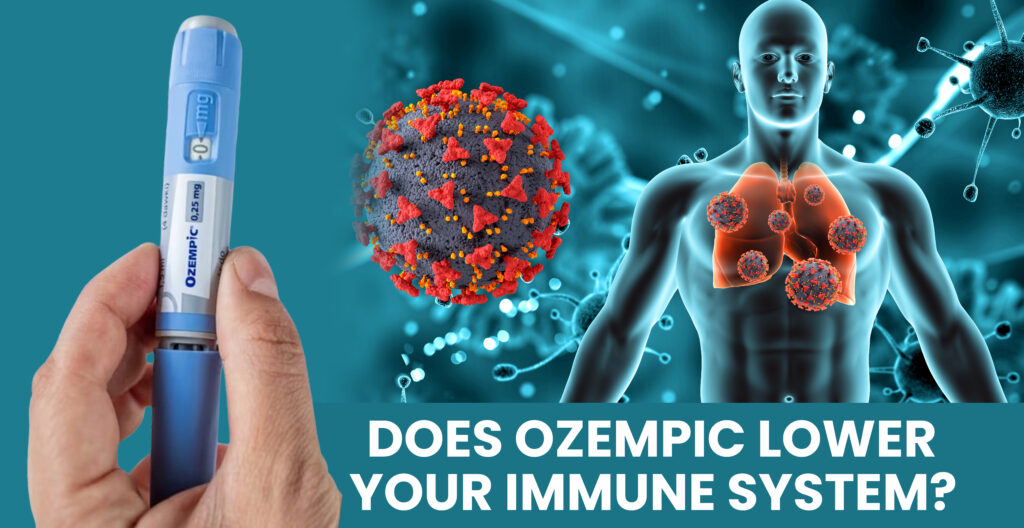
Does Ozempic Lower Your Immune System? Currently, one of its most famous drugs is Ozempic which is useful for treating type 2 diabetes and obesity. It helps to minimize fluctuations in blood sugar levels and consumption of food. This drug belongs to the GLP-1 receptor aggression. It is a drug that has the functionality of […]
Is Collagen Safe For Fatty Liver?
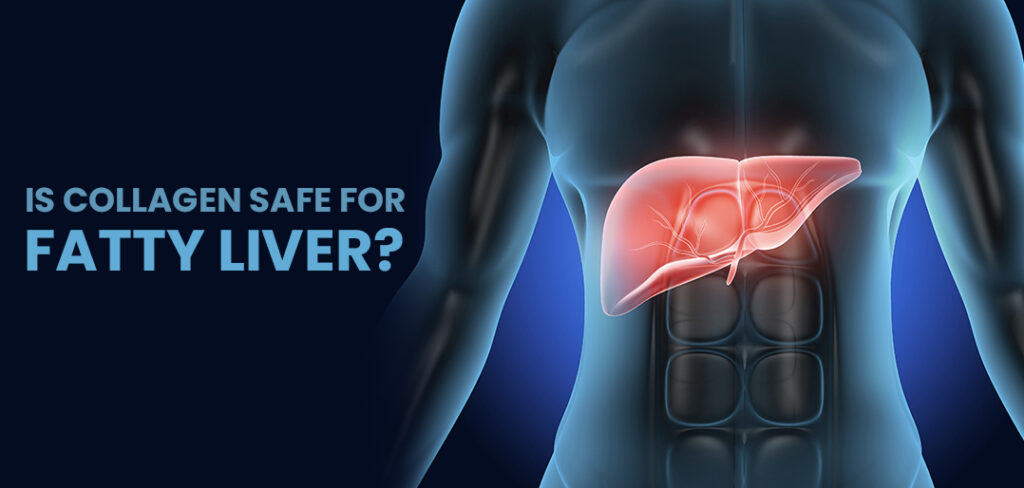
Your liver is only as strong as the amount of collagen in it, which makes it an arduous detoxifier and metabolic powerhouse known as hepatocytes. This is essential to keeping livers in good condition and avoiding cirrhosis or hepatic fibrosis. Collagen is connective tissue that keeps the liver healthy, including hepatocytes, structurally intact, and helps […]
Are Mushrooms Bad For Your Liver?
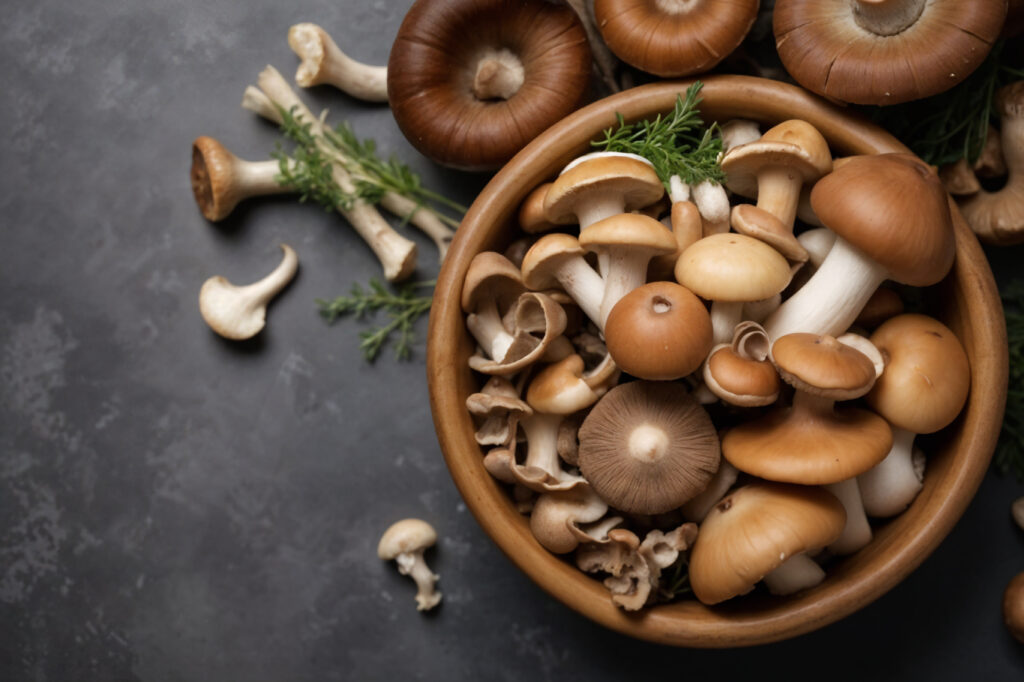
Are Mushrooms Bad For Your Liver? These mysteries of nature have always been a topic of debate in the culinary world. No doubt, mushrooms are a powerhouse of vitamins, minerals as well as antioxidants. However, potential effects on your liver function still raise questions amongst many. The reason why it is a question of discussion is […]
What Tea Is Good For The Liver And Kidney?

What Tea Is Good For The Liver And Kidney? One culture that binds the world is a warm cup of tea. The soothing significance of tea has been a part of many cultures as it not only holds healing powers but also supports liver and kidney wellness. Be it the detoxification properties or the herbal remedies, […]
